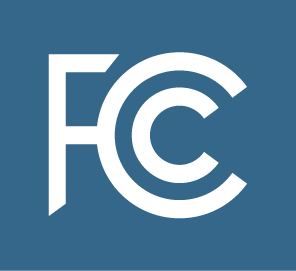Local officials take on the feds in battle over 5G small cells
The age-old debate in the US between federal oversight versus local control is getting a new shine thanks to the rise of 5G and small cell transmitters. On Monday (February 10), it’s a debate that’s going before a three-judge panel at the US Court of Appeals for the Ninth Circuit in San Francisco.
Billions of dollars in 5G investments could be at stake.
At the heart of the issue is who exactly gets to control how, where and when small cells are installed. And, of course, how much money is involved in the process — and who gets it.
Racing to 5G
The FCC sparked this latest legal dust-up around federal versus local government oversight by issuing rules designed to speed up the rollout of 5G. Specifically, the agency in 2018 approved rules intended to limit the amount of money cities could charge wireless network operators for the installation of small cells. The rules also require cities to move quickly on small cell installation requests.
Unlike macro cell towers that can be 200 feet tall, small cells are pizza-box-sized transmitters that often sit atop street lights or rooftops. They’re viewed as a critical part of 5G networks.
There are around 200,000 macro cell towers across the US today — a number that isn’t expected to grow much — but the number of small cells is expected to grow from tens of thousands today to up to a million in the years to come.
A number of cities around the country have welcomed small cells and 5G as high-tech investments that can improve residents’ lives. But other localities have not.
The FCC’s small cell orders “pre-empt state and local management of the rights of way and public property, while providing no mandates or incentives for carriers to actually provide 5G service in a safe, reliable and equitable way,” Mike Lynch, a broadband and cable expert for the Boston Department of Innovation and Technology (DoITT), said during a recent media event.
He’s not alone. Dozens of other cities and city representatives — ranging from Seattle to Atlanta to Dallas to the League of California Cities — have signed on to challenge the FCC’s rules that are heading to the Ninth Circuit next week.
To read the complete article, visit Light Reading.

















